Keywords: Disability Services
-

FAITH DOING JUSTICE
- Anthony Albanese
- 23 February 2021
17 Comments
What we have is a rare opportunity — in all likelihood a once-in-a-lifetime chance — to shape the future and emerge from the pandemic as a better, fairer nation.
READ MORE 
-
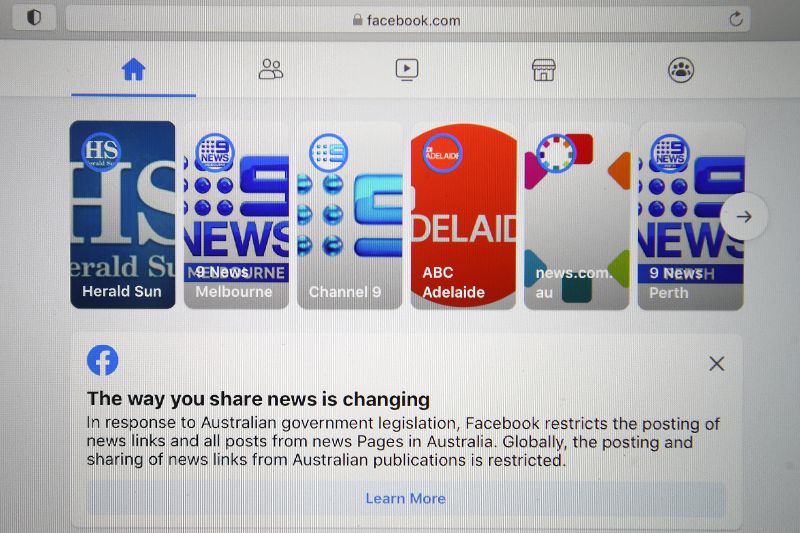
MEDIA
- Monika Lancucki
- 22 February 2021
Last Thursday, Facebook blocked news content in Australia. Many of us had been expecting this in response to the News Media and Digital Platforms Mandatory Bargaining Code. But the breadth and severity of what occurred was brutal. The content blocked was not only that of large media companies. Public interest, not-for-profit, and religious media — many of whom rely heavily on Facebook to share messages with their readers — were blocked as well.
READ MORE 
-

FAITH DOING JUSTICE
- Julian Butler
- 11 February 2021
4 Comments
The size and spread of government payments in past 12 months has held steady, and to some extent, improved the circumstances of many on low incomes or government support. The withdrawal of that support risks returning many to payments that do not provide for basic human needs.
READ MORE 
-
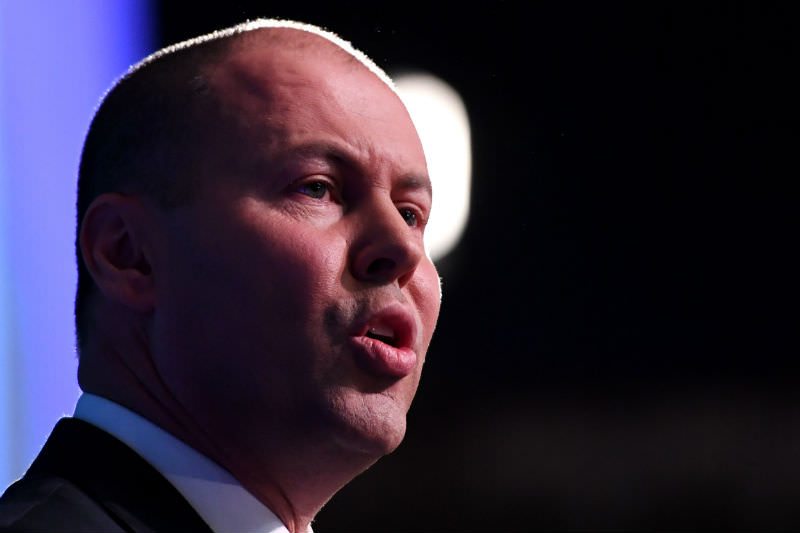
ECONOMICS
- Joe Zabar
- 24 September 2020
3 Comments
The havoc COVID-19 has wreaked on our economy has been less damaging than for some other countries. While international comparisons may help us feel better about our circumstances, the reality is that Australia’s economy is in trouble and will need more than economic first aid through measures like JobKeeper to get us back on track to recovery.
READ MORE 
-
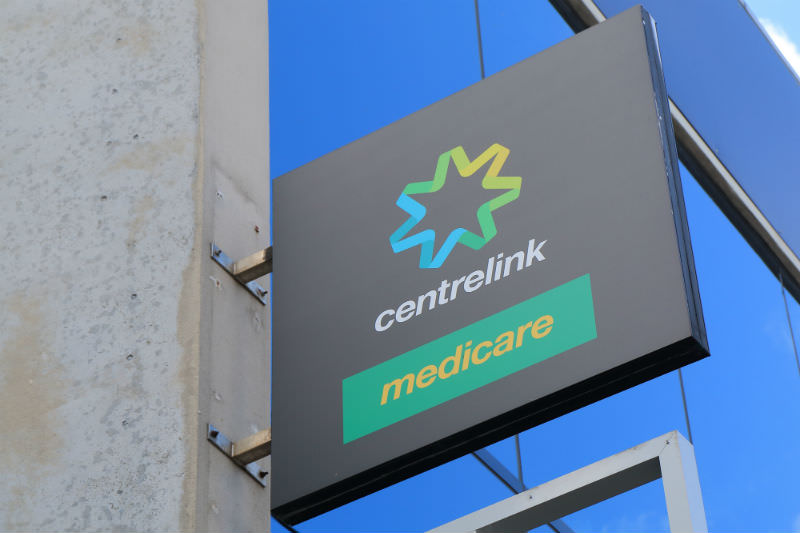
AUSTRALIA
- Izabella Antoniou
- 03 September 2020
11 Comments
Beyond the announcement of the corona supplement falling from $550 to $250 a fortnight in September, and the reintroduction of asset testing, there has been little in the way of a roadmap for our nation’s unemployed in a landscape where job seekers outnumber jobs 13:1.
READ MORE 
-
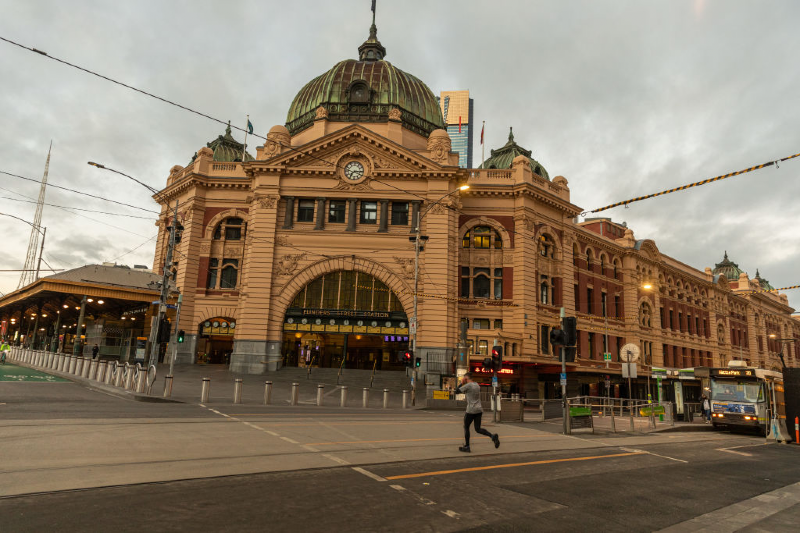
AUSTRALIA
- Justin Glyn
- 25 August 2020
7 Comments
The pandemic has lit up the areas in which our neoliberal economies are basically unfit for the purpose of providing healthy and safe environments — whether it be privatised aged care homes and quarantine services or ‘the gig economy’, which forces sick people to ‘soldier on’ infecting people as they go. One area that has been rather less considered, however, is disability.
READ MORE 
-
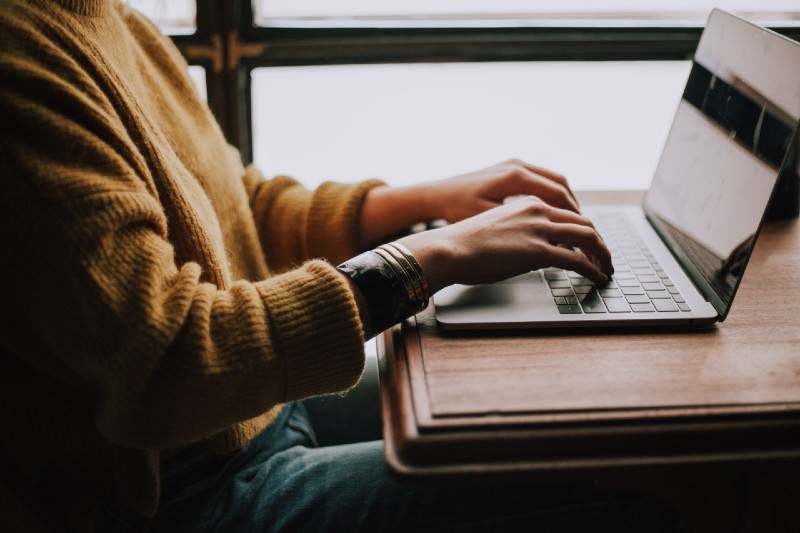
ECONOMICS
- Bree Alexander
- 09 July 2020
3 Comments
What then, does the case for full employment look like? This is not just an economic question, but too of having access to a decent wage that allows all people to live a decent life.
READ MORE 
-

AUSTRALIA
Ideology is a powerful presence in our lives. It works its way into our consciousness through the dominant discourses of government, media, institutional religion, legal frameworks, popular culture, advertising, all the means at the disposal of the powerful. Once we learn to recognise it we see it everywhere. If it feels like we were born into it, it is because we were.
READ MORE 
-
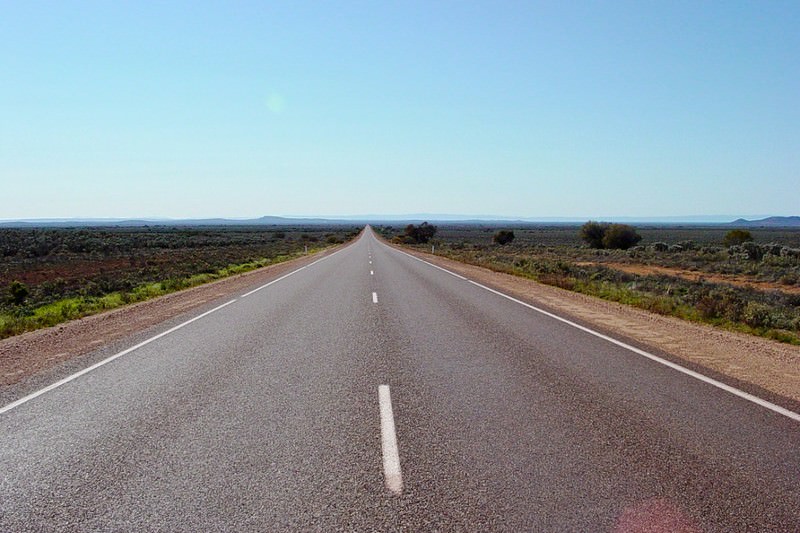
AUSTRALIA
What is often not expected or well understood is the effect of ‘lag time’ aftershocks in our regions following economic crisis. Lag time is an attribute of some rural, regional and remote communities and is most often seen in economically path dependent and single industry communities, many of which of course, comprise RRR Australia.
READ MORE 
-
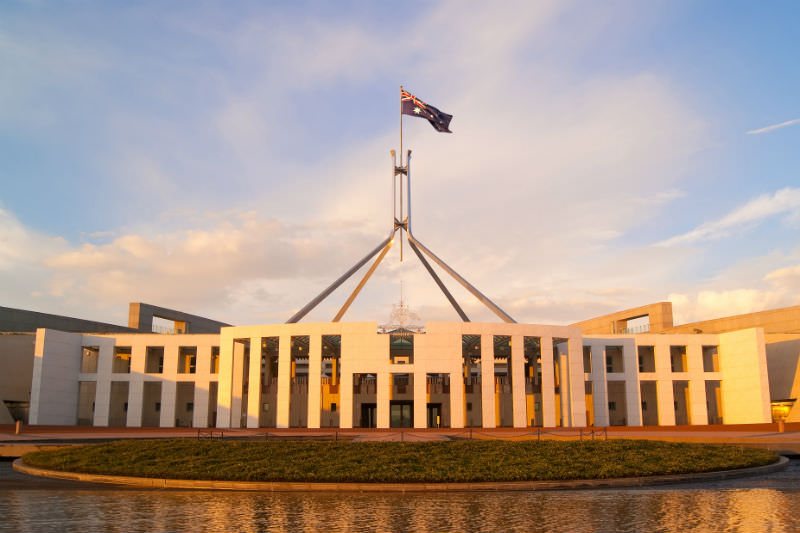
AUSTRALIA
- Justin Glyn
- 20 April 2020
7 Comments
The question remains, however, is there a straight binary trade-off between granting the state power (to organise lock-downs, track its populace and coerce the people) and keeping its people safe?
READ MORE 
-
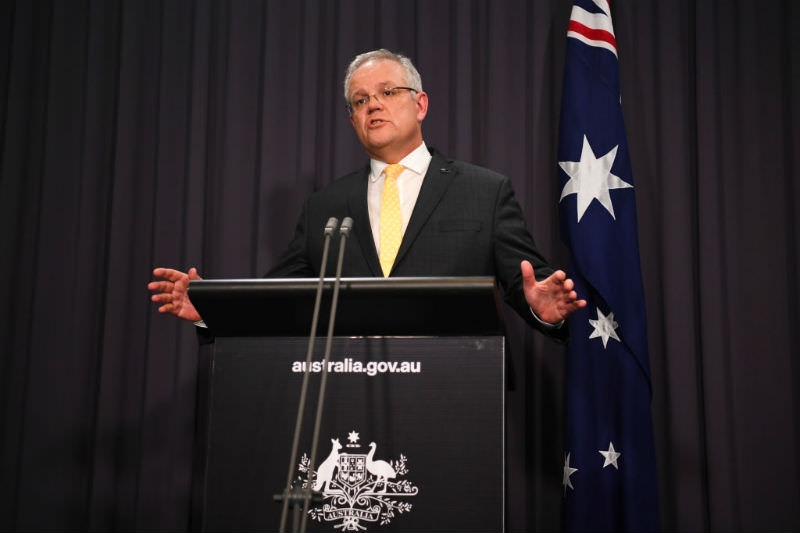
AUSTRALIA
- John Falzon
- 10 April 2020
25 Comments
Already the ideological die-hards of neoliberalism are working out how the pandemic might be manipulated to lower wages and to snap back to the old economic normal. So now is when collectively we need to take over the framing and the forming of the future. Not to snap back but to spring forward.
READ MORE 
-
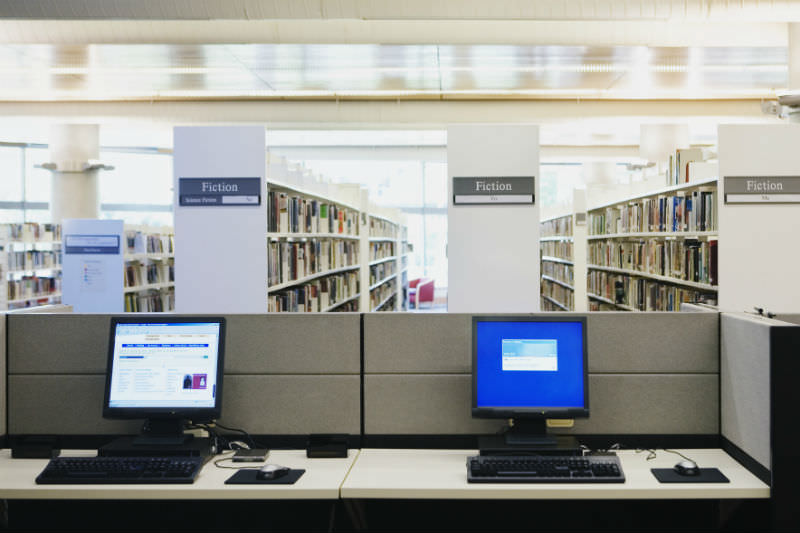
EDUCATION
- Nicola Heath
- 27 March 2020
9 Comments
A laptop or tablet and the internet are not universally available to Australian students. In 2016-17, 1.25 million Australian households lacked the internet home connection that’s required to make full use of online learning platforms like Class Dojo, where my daughter’s class is congregating during the coronavirus lockdown.
READ MORE 